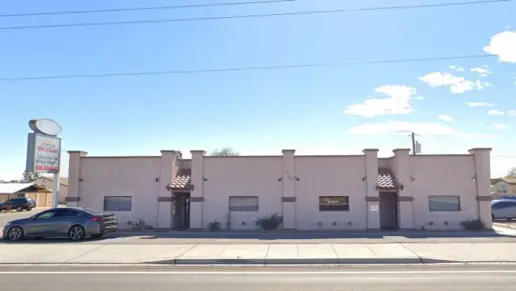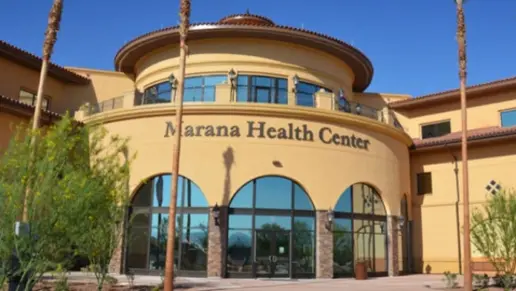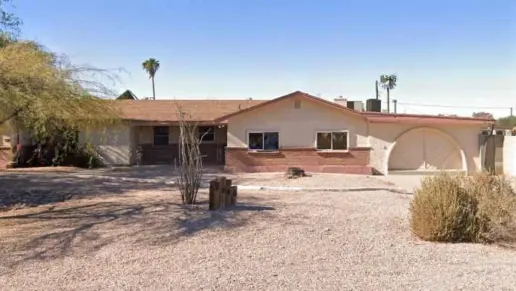About Community Bridges, Inc. (CBI) – Center For Hope
Located in Mesa, Arizona is the Community Bridges Inc. Center for Hope. This is a drug rehab and treatment center that offers residential care to support adults including pregnant women who are struggling with a substance abuse disorder.
Care is offered in an inpatient treatment setting and you’ll have access to the Community Bridges Network where more targeted and specialized support was available.
Through the Community Bridges network, more specialized care for adolescents, veterans, families, and those with serious mental health illnesses are also available.
Integrated Behavioral Health Care
Community Bridges integrates holistic and clinical care to address your drug or alcohol addiction. This is done by working with medical and behavioral healthcare professionals who communicate with you about the different aspects of your health profile that are contributing to your substance abuse.
This integrative care really helps target the root causes of your substance use disorder and encourage positive change in your life.
Compassionate Care
Community Bridges lives up to its name offering dedicated and compassionate care from the staff and medical team here. In fact, many of the staff who you’ll work with have undergone their own substance abuse or behavioral health challenges. They know what it’s like working through recovery and they’ll offer genuine insight through their lived experiences.
This will help you feel more at ease and better supported as you work through your recovery plan.
Opioid Treatment Programming
The Center for Hope can connect you to their specialized opioid treatment program which supports adults including pregnant women who need help managing cravings from a chemical dependency. Medication assisted treatment using methadone and buprenorphine is available to you here. When used alongside counseling, this treatment can help significantly reduce your cravings so that you can focus on your recovery needs.
Latest Reviews
Rehab Score
Other Forms of Payment
Private insurance refers to any kind of healthcare coverage that isn't from the state or federal government. This includes individual and family plans offered by an employer or purchased from the Insurance Marketplace. Every plan will have different requirements and out of pocket costs so be sure to get the full details before you start treatment.
Self-pay involves paying for treatment out of your own pocket. You can use savings or credit, get a personal loan, or receive help from family and friends to fund your treatment. If you don't have insurance or your insurance plan doesn't cover a specific program, self-pay can help ensure you still get the care you need.
Medicare is a federal program that provides health insurance for those 65 and older. It also serves people under 65 with chronic and disabling health challenges. To use Medicare for addiction treatment you need to find a program that accepts Medicare and is in network with your plan. Out of pocket costs and preauthorization requirements vary, so always check with your provider.
Medicaid is a state based program that helps lower-income individuals and families pay for healthcare. Medicaid covers addiction treatment so those enrolled can use their coverage to pay for rehab. When a program accepts Medicaid the client often pays very little or nothing out of their own pocket.
Military members, veterans, and eligible dependents have access to specific insurance programs that help them get the care they need. TRICARE and VA insurance can help you access low cost or no cost addiction and mental health treatment. Programs that accept military insurance often have targeted treatment focused on the unique challenges military members, veterans, and their families face.
Addiction Treatments
Levels of Care
 Outpatient
Outpatient
 Inpatient
Inpatient
 Intensive Outpatient
Intensive Outpatient
 Sober Living Homes
Sober Living Homes
 Medically Assisted Detox
Medically Assisted Detox
Treatments
The goal of treatment for alcoholism is abstinence. Those with poor social support, poor motivation, or psychiatric disorders tend to relapse within a few years of treatment. For these people, success is measured by longer periods of abstinence, reduced use of alcohol, better health, and improved social functioning. Recovery and Maintenance are usually based on 12 step programs and AA meetings.
Drug rehab in Arizona is the process of treating individuals who are dependent on a particular addictive drug. Because addiction is complex, this treatment typically includes a variety of interventions that address the many physical and emotional issues involved.
Opioid rehabs specialize in supporting those recovering from opioid addiction. They treat those suffering from addiction to illegal opioids like heroin, as well as prescription drugs like oxycodone. These centers typically combine both physical as well as mental and emotional support to help stop addiction. Physical support often includes medical detox and subsequent medical support (including medication), and mental support includes in-depth therapy to address the underlying causes of addiction.
Substance rehabs focus on helping individuals recover from substance abuse, including alcohol and drug addiction (both illegal and prescription drugs). They often include the opportunity to engage in both individual as well as group therapy.
Dual-diagnosis addiction treatment in Arizona provides integrated care for individuals with co-occurring substance use disorders and mental health conditions. Services may include medically assisted detox, 12-Step recovery, intensive outpatient programs, and aftercare support. Addiction experts use evidence-based therapies, like cognitive behavioral therapy, or dialectical behavioral therapy, and trauma-focused therapy, to simultaneously address substance use and mental health disorders. This comprehensive approach to treatment helps to ensure sustained recovery.
Programs

Adult Program

Young Adult Program

Program For Women
Clinical Services
Also known as CBT, cognitive behavioral therapy in Arizona is one of the most common types of psychotherapy. It offers a structured method of counseling that effectively treats substance use disorder and dual diagnosis disorders.
Dialectical behavior therapy in Arizona focuses on acceptance of your reality and behaviors while also attempting to make changes in unhealthy behaviors. It has been shown to be effective for the treatment of anxiety, depression, PTSD, and substance use disorder.
Group therapy is any therapeutic work that happens in a group (not one-on-one). There are a number of different group therapy modalities, including support groups, experiential therapy, psycho-education, and more. Group therapy involves treatment as well as processing interaction between group members.
The goal of motivational interviewing in Arizona is to enhance your confidence in your ability to make changes in your life. It encourages you to commit to change and plan for the process of making those changes that will allow you to reach your goals.
Trauma therapy focuses on helping you understand and manage emotional and physical responses to past trauma. Using therapeutic interventions, you learn to reframe the experience. This helps reduce your anxiety and gives you greater control over your life.
Amenities
-
Residential Setting
Staff & Accreditations
Staff
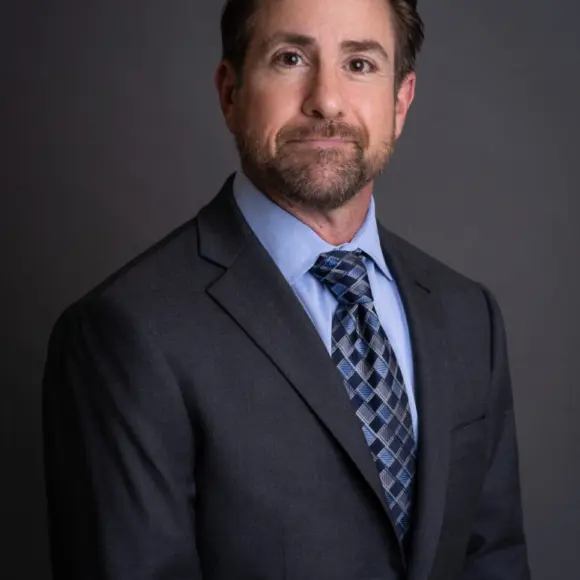
John Hogeboom
President & CEO
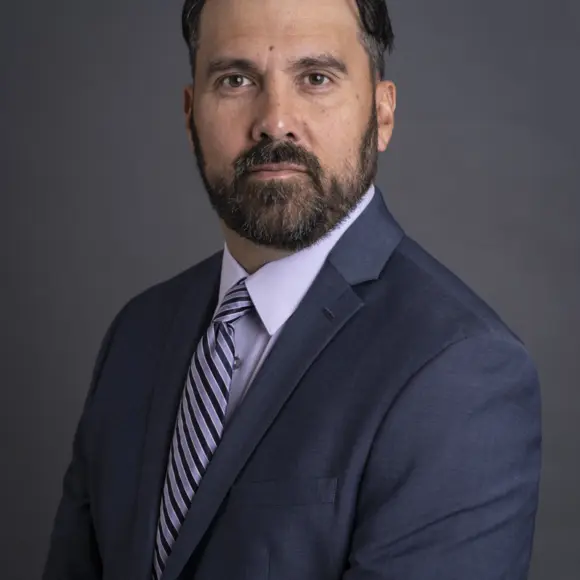
Scott Hatlen
COO
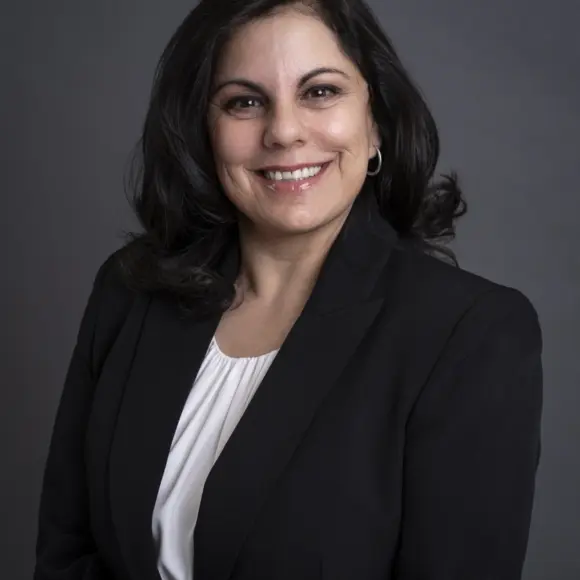
Vicki Phillips, PHd
Chief Clinical and Development Officer

Rechel Fatunde
Chief of Staff
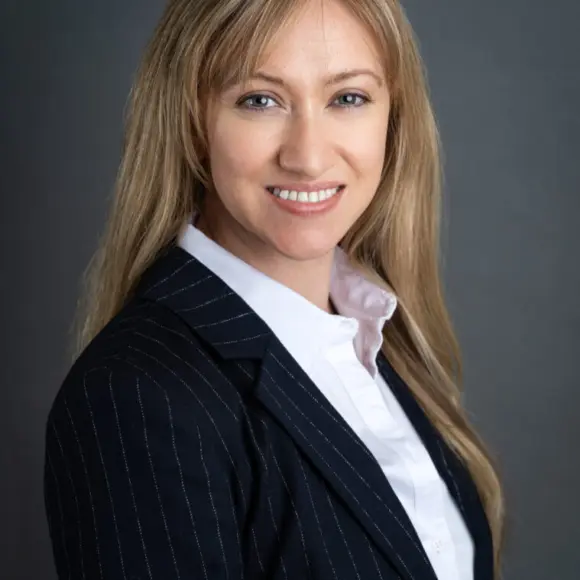
Susan Russo
Chief Standards and Compliance Officer
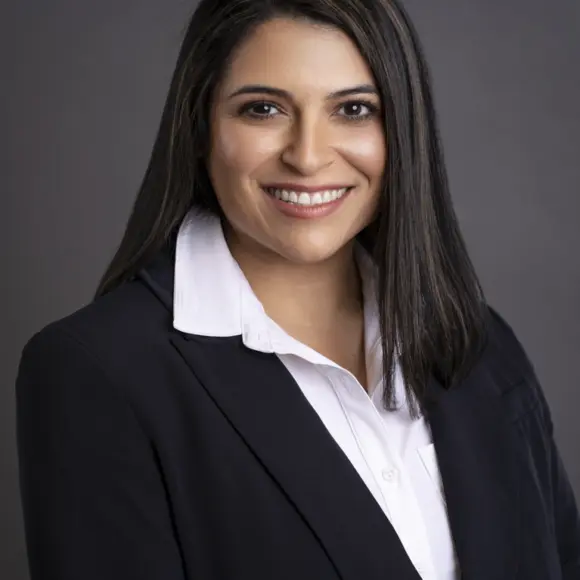
Annette Lusko, Phd
CMO
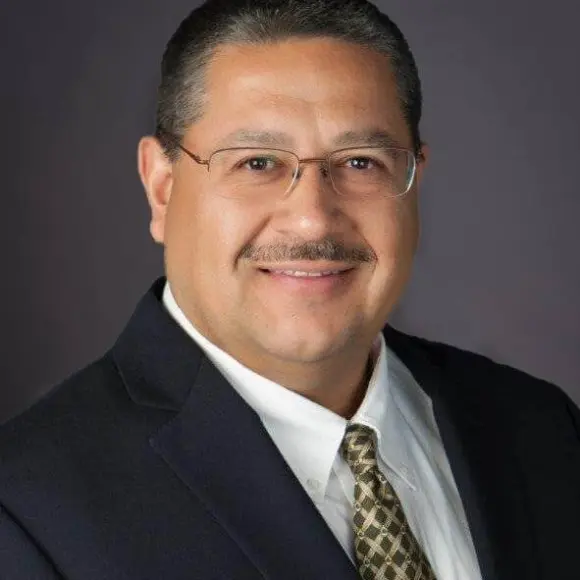
Ramon Dominguez
CFO
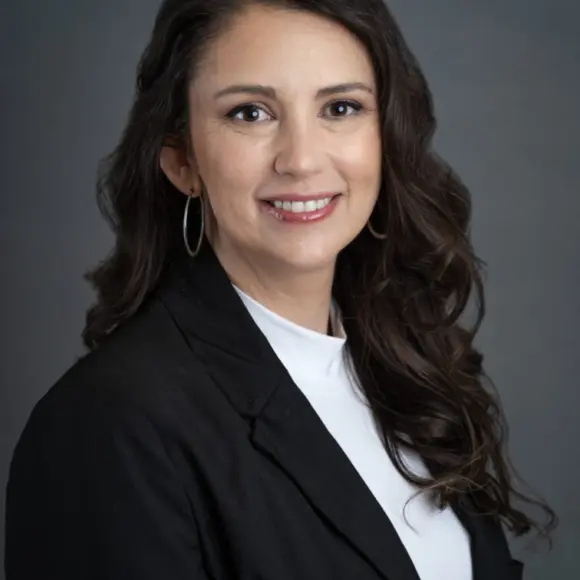
Emily Koch
Chief Nursing Officer
Accreditations

The Commission on Accreditation of Rehabilitation Facilities (CARF) is a non-profit organization that specifically accredits rehab organizations. Founded in 1966, CARF's, mission is to help service providers like rehab facilities maintain high standards of care.
CARF Accreditation: Yes
Contact Information
554 S. Bellview
Mesa AZ, 85204
